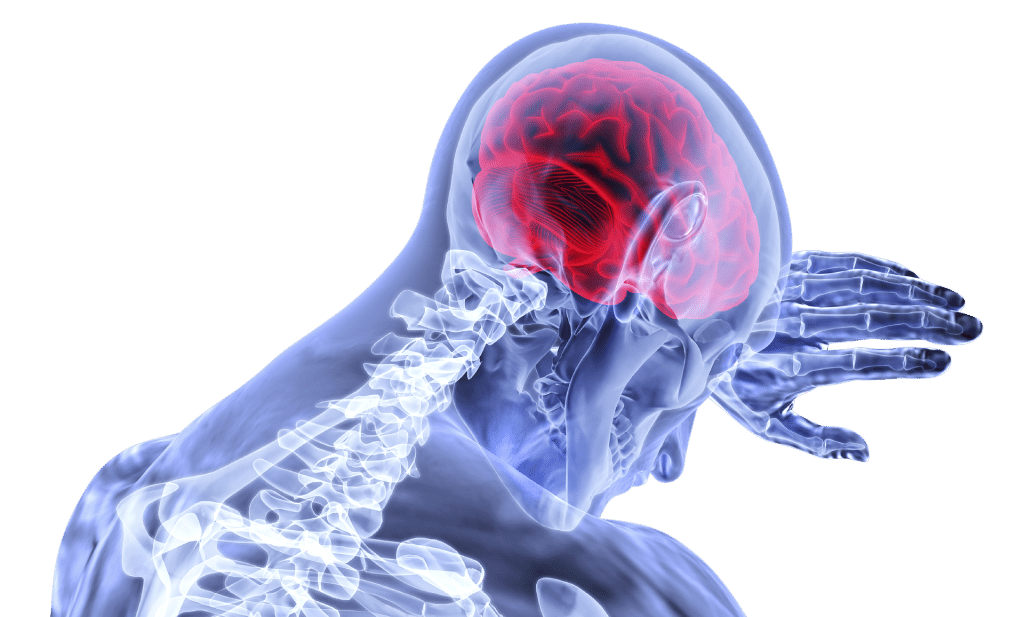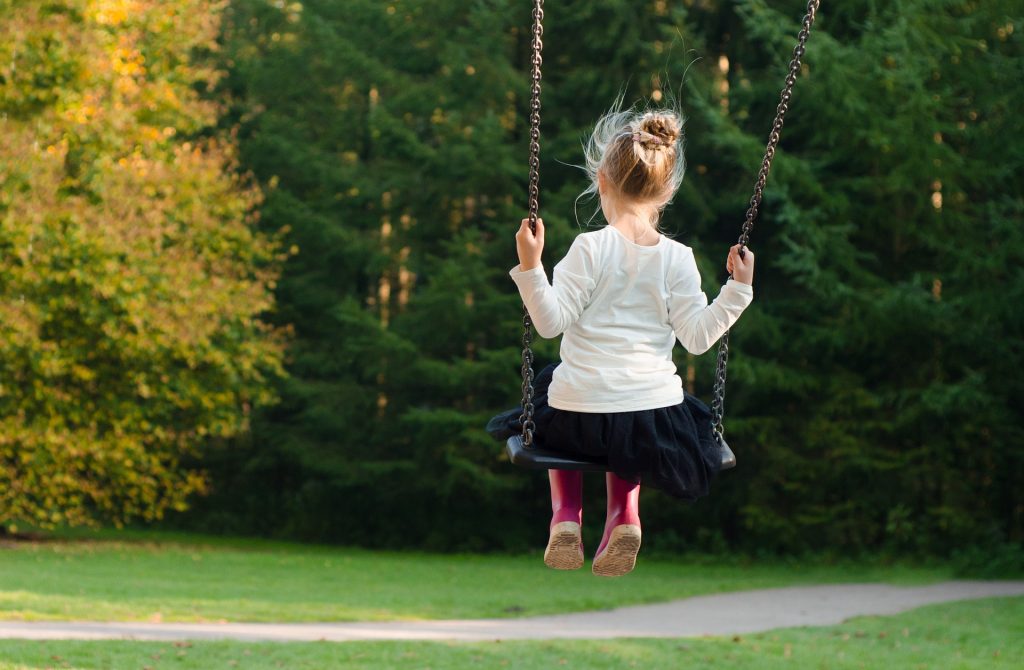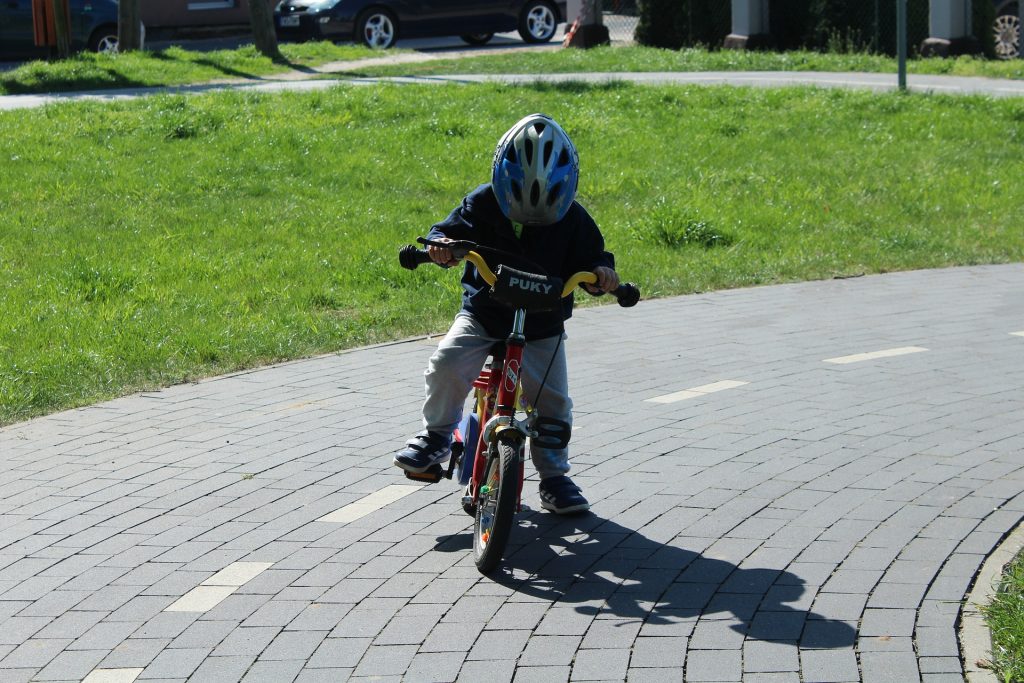This week (17th-23rd May) is action on brain injury week, hosted by the charity Headway. There is a different theme every year, and the theme of this year’s campaign is A Life of Lockdown. It sets out to highlight the effects of lockdown and isolation during the recovery period of suffering an injury.
Brain injuries are often serious injuries and so can mean your life can change drastically. You may require modifications to your home or vehicle or may have to give up work. In some cases, people who suffer them may require support from a carer.
Causes of Brain Injury
There are a number of causes of brain injury with varying levels of severity. Some of these include:
- Traumatic injury (due to accidents such as road traffic accidents, falls, and assaults)
- Concussion
- Minor head injuries
- Brain haemorrhage
- Carbon monoxide poisoning
- Falls from height
If you or a loved one have suffered a brain injury and it was someone else’s fault, then you may be able to claim compensation.
Effects of Brain Injury
A brain injury can have a wide range of effects. While many people recover quickly after a minor head injury, this is not always the case and people may experience longer-term effects.
The more severe the injury, the longer-term and more pronounced the effects are likely to be. Some people may spend time in a coma, or experience a more prolonged reduced awareness state. During the early stages of recovery, brain injury survivors often go through a stage where they have no continuous memory of day-to-day events. Their behaviour may also be very uncharacteristic and confused.
A brain injury can cause behavioural and emotional changes, hormonal imbalances, difficulties with cognition and memory, a range of communication problems, physical effects and, very commonly, fatigue.

Claiming on Behalf of Someone Else
Many brain injuries mean that the person who suffered them may not be able to make a claim for themselves. This may be due to the injury meaning they do not have the mental capability to make a claim. In cases where this happens, the person’s next of kin, or a person who is legally allowed to, such as someone who has power of attorney, will be able to make a claim on their behalf.
In circumstances where a loved one dies from their brain injury, the next of kin can also make a claim on their behalf if it was someone else’s fault.
We know that, when a loved one suffers a serious injury such as a brain injury, the last thing you may be thinking about is making a claim. However, the solicitors we work with can help with the stress of the financial impact that an injury like this can have.
How We Can Help
Here at The Compensation Experts we work with solicitors who have years of experience dealing with all manner of personal injury claims. This includes accidents that cause brain injury. So contact us by filling in our contact form. Or call us on 01614138765 to speak to one of our friendly knowledgeable advisors.

